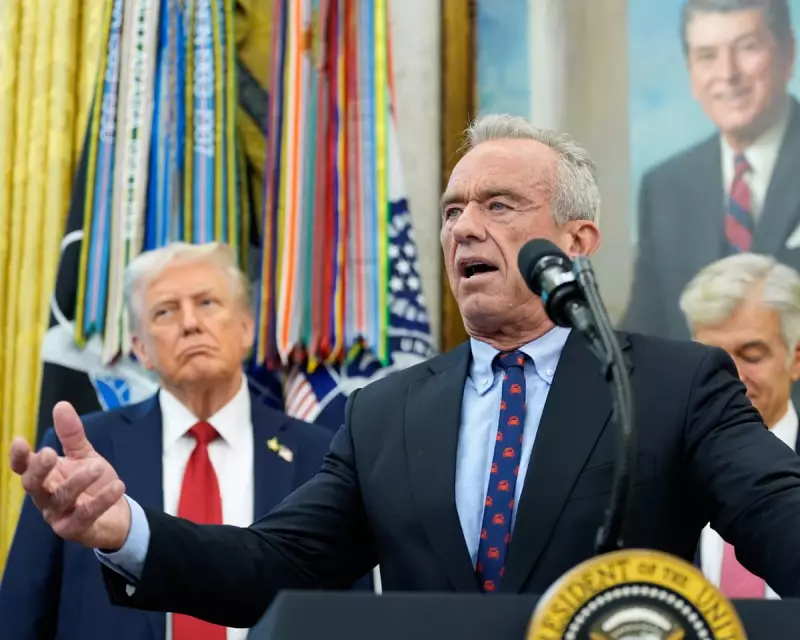
In a sweeping critique of America's profit-driven healthcare system, presidential candidate Robert F Kennedy Jr has launched what he calls a "revolutionary" plan to put patient care before corporate interests.
The Diagnosis: A System in Crisis
Kennedy's manifesto paints a damning picture of American healthcare, describing it as an institution where medical decisions are dictated by financial gain rather than patient welfare. He argues that the current model has created a nation where health outcomes lag dramatically behind other developed countries despite astronomical spending.
"We've created a system where it's more profitable to manage chronic disease than to prevent it," Kennedy asserts, pointing to the pharmaceutical and insurance industries as primary beneficiaries of the status quo.
The Treatment Plan: A New Vision for American Wellness
At the heart of Kennedy's proposal lies a fundamental reimagining of healthcare priorities:
- Prevention First: Shifting focus from disease treatment to wellness promotion through nutrition, environmental protection, and lifestyle medicine
- Breaking Corporate Control: Challenging the dominance of insurance and pharmaceutical giants in medical decision-making
- Mental Health Revolution: Integrating psychological wellbeing into mainstream healthcare with reduced pharmaceutical intervention
- Chronic Disease Reversal: Emphasising dietary and lifestyle changes over lifelong medication dependency
The Political Prescription
While stopping short of proposing a British-style NHS, Kennedy's plan represents the most radical healthcare overhaul proposed by a major candidate in recent memory. His approach combines progressive healthcare principles with his trademark scepticism of established institutions.
"This isn't just about insurance coverage—it's about questioning why Americans are getting sicker despite advanced medical technology," the candidate argues, positioning his plan as both a medical and moral imperative.
Potential Side Effects
The proposal has drawn fierce criticism from established medical associations and pharmaceutical representatives, who accuse Kennedy of promoting unproven alternatives and undermining scientific consensus. However, it resonates with voters frustrated with rising costs and questionable outcomes in conventional medicine.
As the election approaches, Kennedy's healthcare vision represents a fundamental challenge to America's medical establishment—and could force a national conversation about whether the country needs medicine that serves people rather than profits.





